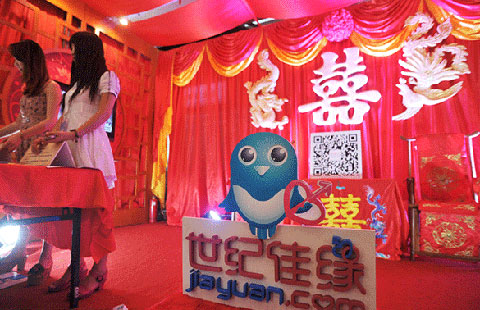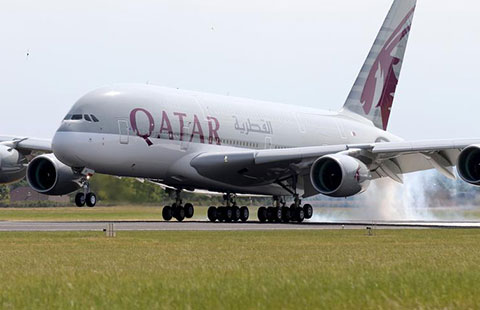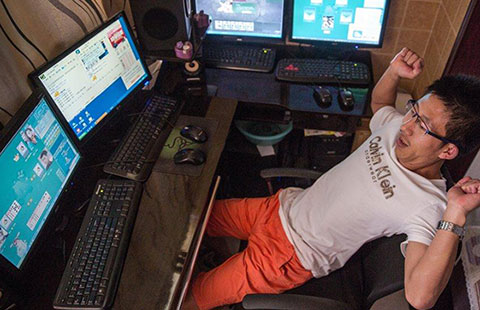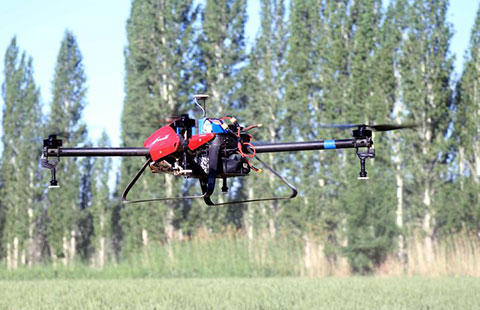Drone firms must do the groundwork
By Zhao Lei (China Daily) Updated: 2015-06-16 09:37"They say their drones can be adopted for most industries, but what is ironic is that none of these industries have bought their products," he said. "Of course, the companies can blame the lack of awareness of what drones can do.
"But another important reason, which they will not speak publicly, is that these defense technology giants still focus on military contracts rather than civilian deals," he explained.
UAV firms will also have to adjust to the different requirements and specifications that potential buyers are looking for in the commercial sector. Clients might also decide to place small orders, which could cause manufacturing problems.
"Different companies have different requirements in terms of size, flight range, operational duration as well as payload," Wang said. "In addition, they might just want a small order of say two or three drones.
"This situation inevitably makes manufacturers reluctant to develop a new model for them," he added. "Therefore the Chinese market really needs to establish service providers that can collect, analyze and integrate users' requirements."
Wang envisions that leasing companies will eventually move into the market as they already fill a vital role in the aviation sector.
These companies would buy and rent a variety of drones, which could be used in seasonal industries, such as farming. But costs would have to come down before that happens.
Many of the Chinese-made drones are designed for military use and they are extremely sophisticated. Naturally, this pushes up the price, and that is a problem for the domestic market.
"Unnecessary functions or equipment lead to high production and operational costs," Yang Shaowen, a senior manager of unmanned aircraft from Aviation Industry Corp of China, said.
- Drone firms must do the groundwork
- Debt issues back in focus as economy slows down
- Default risks rise as growth sputters
- R&D road leads to universities in UK
- Carbon market may expand by next year
- Huami aims to be No 1 in wearable devices
- Investors less than impressed by CDs
- Who's next? Investors guess which firms will exit US bourses

















